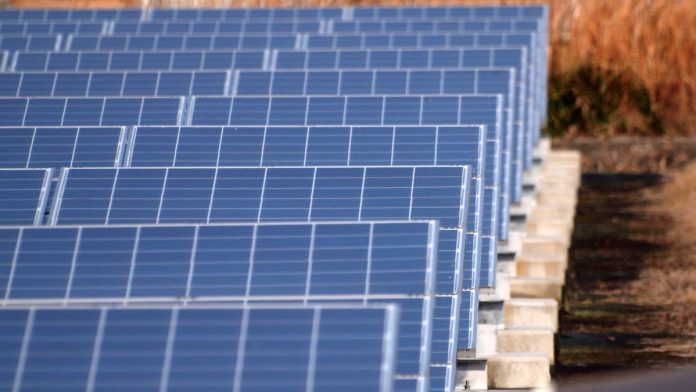Hyderabad-based Premier Energies has invested Rs 430 crore to increase its module manufacturing capacity to 1,500 mega-watt (MW) per year from its current base of 500 MW, enthused by the market visibility offered through various central government solar schemes with mandatory domestic content requirement.
The company is also adding 750 MW of cell manufacturing capacity and the new line expected to be launched in April. “With programmes such as the CPSU solar scheme and KUSUM, which have domestic content requirements, the government has given a clear visibility of the market for the next five years at least,” Chiranjeev Saluja, managing director of Premier Energies, told FE. After that, export markets — especially in the US — also look lucrative with the push towards green energy by the Biden government, Saluja added.
The CPSU scheme aims to set up 12,000 MW of solar capacity using domestic ingredient by government companies by FY23 and the Cabinet has already sanctioned a viability gap funding support of Rs 8,580 crore towards this scheme. The Kusum scheme, which aims to install 20 lakh standalone solar pumps and solarise another 15 lakh existing agricultural pumps, will also need another 30,000 MW of local solar component.
Currently, around 50% of the country’s 11-GW domestic panel-making units and 3-GW of cell manufacturing facilities remain unutilised. In a market where technology changes very frequently, lower returns had deterred most local manufacturers to invest in research and development for offering upgraded products to meet global standards.
To ramp up domestic manufacturing, the Union Cabinet has already approved the introduction of PLI scheme in ten key sectors, under which Rs 4,500 crore has been earmarked for Indian solar module manufacturers for a five-year period, wherein manufacturers will be incentivised according to the efficiency and indigenous component of the panels. ReNew Power has already announced that it will invest Rs 1,500-2,000 crore to set up a 2,000 MW solar cells and modules manufacturing facility in the country.
Owing to cheaper rates of imported modules, especially from China, solar capacity addition is majorly done through imported products. “Going forward, if we are able to offer high technology product like China, the difference in prices will come down to 5-6% from the existing 20%,” Saluja added. To narrow the price gap, the Centre had imposed a 25% safeguard duty on solar imports from China and Malaysia in July 2018 for two years, which was extended to July 2021, at a rate of 15%. After the imposition of the duty, the market share of a handful of Indian solar module suppliers (Waaree, Adani and Vikram Solar) had more than doubled to 30% in the two years to FY20.






